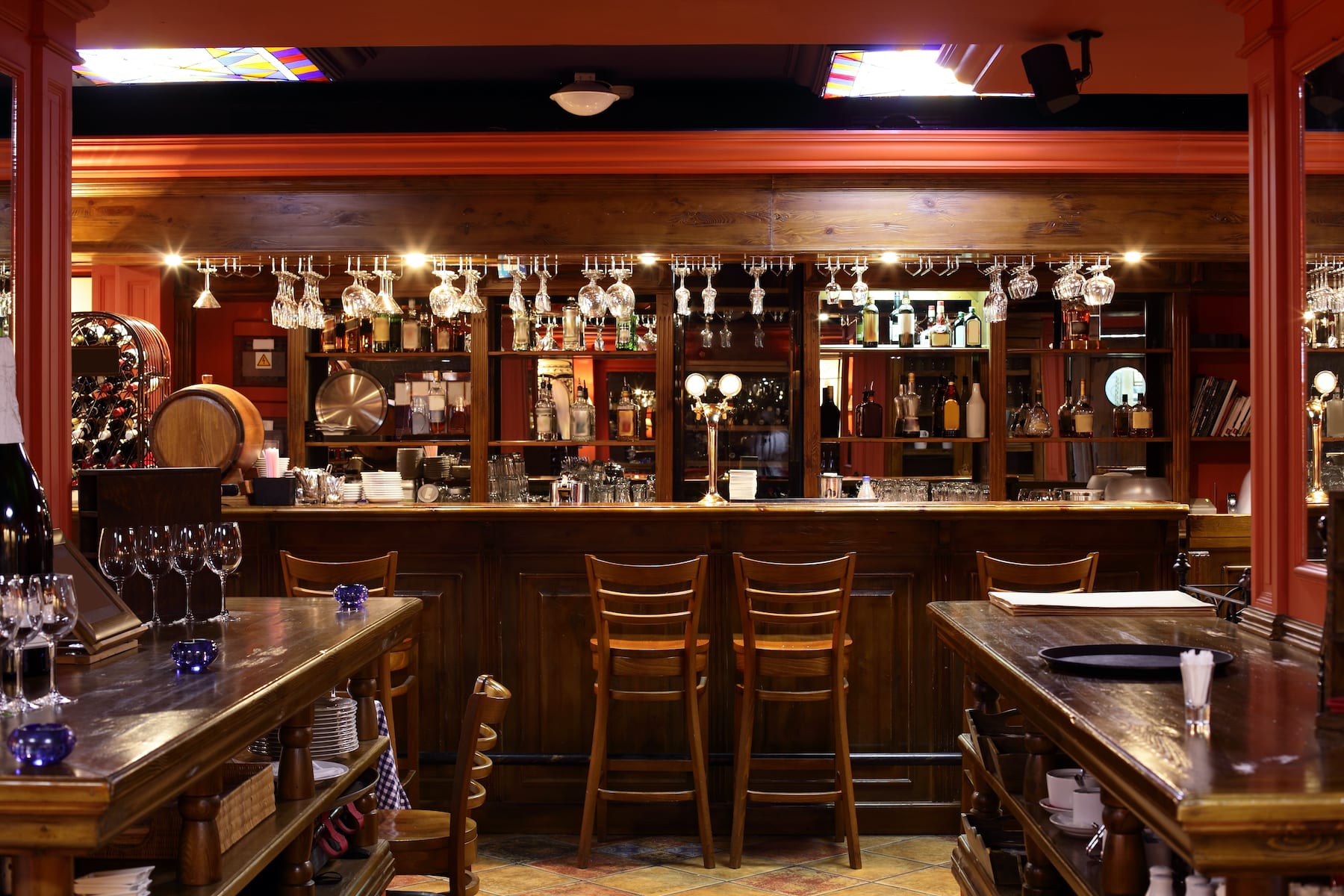
What You Need to Know About the Sober Curiosity Movement
IF YOU’RE QUESTIONING YOUR CONSUMPTION OF ALCOHOL — YOU COULD BE SOBER CURIOUS.
By Mia Bencivenga
November 4, 2020
Before the pandemic hit and we were all shuttered inside our homes, sober curiosity was a new health and wellness movement generating a lot of buzz. But is it something you should still try, post-pandemic? Let’s dive in.
What Is sober curiosity?
I want to be clear that alcohol, or consuming alcohol, isn’t bad in and of itself. Alcohol, much like food, has no inherent moral value. What isn’t good, however, is the culture built around alcohol consumption. After all, when is the last time you went anywhere or celebrated anything without there being alcohol present?
Have you ever wondered why that is?
Sober curiosity is questioning why we drink so much and so often. It’s about asking why we feel obligated or pressured to have alcohol anytime we go out. And finally, it’s about looking at our own behavior and asking ourselves if we have any unhealthy habits or coping methods built around drinking. After doing some soul searching, we become sober curious and begin to wonder if we can improve our mental and physical health by cutting back on our alcohol consumption.
Is sober curiosity only for people with alcohol problems?
Sober curiosity is for people who may not have a life-altering addiction, but still want to gain the health benefits of living a sober life. Many people think it’s an all-or-nothing when it comes to having an alcohol problem, when in fact, even if you aren’t binge drinking every day, you can still have an unhealthy relationship with alcohol.
If you think you have an addiction to alcohol, you need more help than the sober curious movement can give you. If an alcoholic quits drinking without any preparation or support, the effects of alcohol withdrawal can be life-threatening, so it’s important to reach out to a doctor and therapist for guidance — and possibly check into a hospital.
Is alcohol really bad for you?
Just think about what happens to you when you drink too much: dizziness, nausea, fatigue, headaches, mood swings, poor decision making, memory loss, etc. And yet we’ve all kind of accepted this as a normal thing to go through on a regular basis. Sort of bizarre when you think about it, right?
Right now, during this chaotic and traumatic time in all our lives, many people are using alcohol to cope. And while alcohol does give you a euphoric effect at first, the come-down and side effects of alcohol can leave you feeling more anxious and depressed than you were before.
Long story short: alcohol affects your entire body in a negative way. It interferes with the brain's communications pathways. Drinking too much long-term is bad for your liver, pancreas, brain, heart, stomach, kidneys and immune system — just to name a few.
What are the health benefits of becoming sober?
People who stop drinking notice improvements in mental clarity and energy. Not drinking alcohol can also help you lose or maintain your weight. Alcoholic beverages can quickly rack up the calories, and alcohol also has the fun side effect of making poor food choices (hello, French fries and pizza!) seem much more appealing.
How can I stop drinking when alcohol is literally everywhere?
Being the only sober person at a get-together, even a small, COVID-era one, can be quite frustrating, to say the least. Between people telling you to “loosen up” and making you feel self-conscious about your choice, you might just drink to get people off your back.
But here’s the thing that I like to remind myself: it’s okay if other people don’t like my choices. It really is! The inconsiderate things people say is because of their issues, not ours. And if you’re hanging around with people who aren’t supportive or at least tolerant of your decision to not drink, it’s time to hang out with people who are.
The good news is that the millennial generation is one of the most sober so far. Which means sober spaces — like tea bars, sober bars and late-night cafes — are popping up everywhere, making living a sober curious life easier than ever.
The bottom-line? With COVID-19 making us all reflect on ourselves and our health, there’s really never been a better time to become a part of the sober curious movement.
By Mia Bencivenga

Leave A Comment